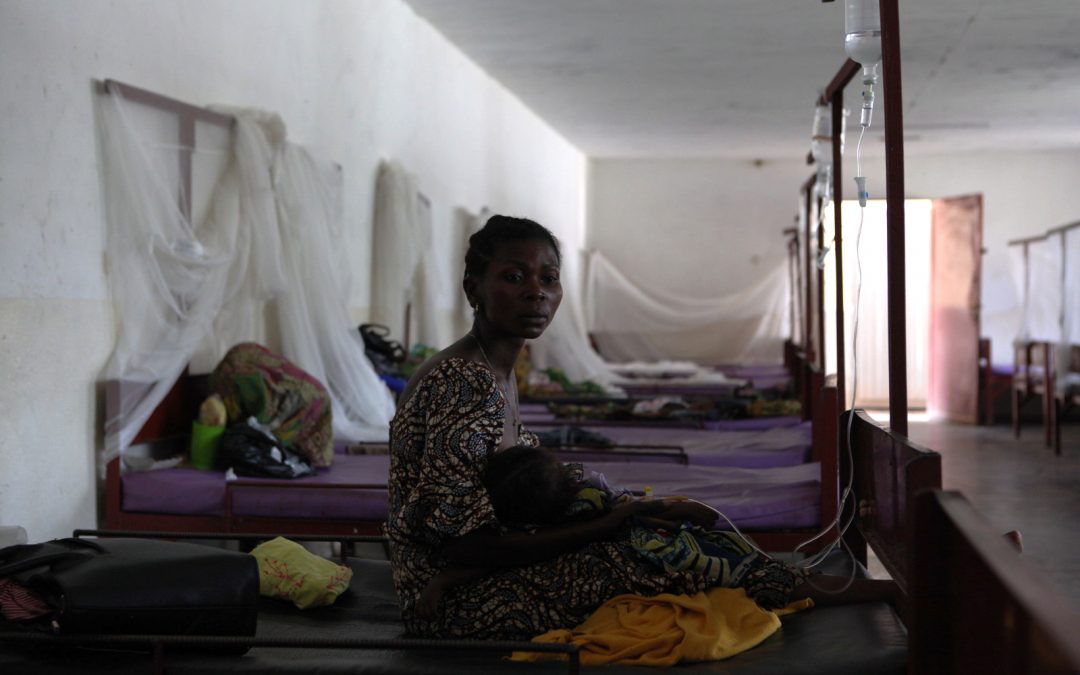
Doctors to the rescue
Andrew Lustig, founder and president of Global Outreach Doctors, talks about sending physicians and integrative medicine practitioners to the Democratic Republic of Congo, where gender violence and rape are pervasive.

Andrew Lustig, founder and president of Global Outreach Doctors, talks about sending physicians and integrative medicine practitioners to the Democratic Republic of Congo, where gender violence and rape are pervasive.
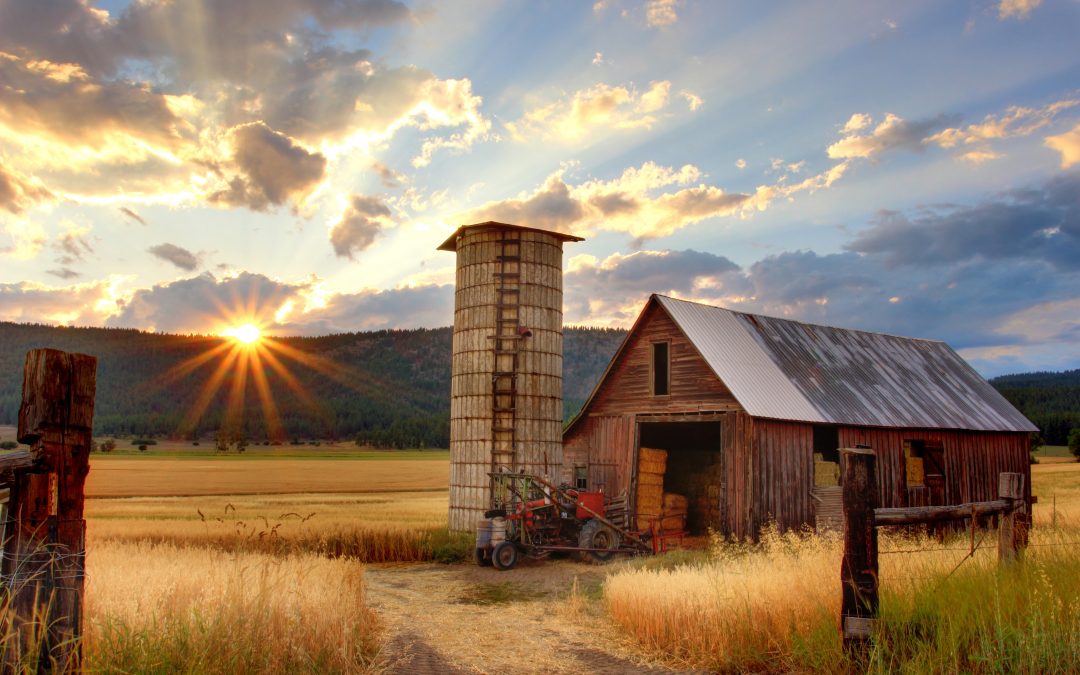
Jillian Hishaw works with farmers to protect themselves, their families, and their land–legally and financially. Attorney and food systems strategist, she provides free or low-cost services, particularly to African American farmers.
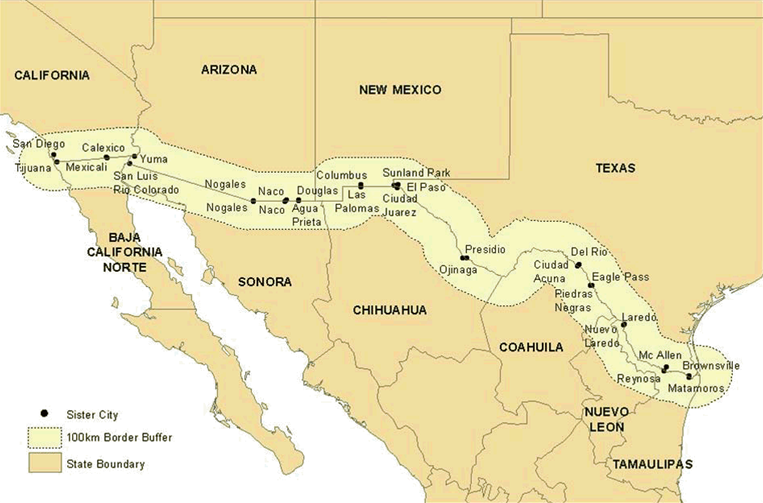
Historian C.J. Alvarez tells the history of the border through it many building projects — designed both to keep people (and cattle) out of the US and to facilitate the flow of commodities in both directions.

Most New Mexicans have little or no savings when they retire, and Social Security won’t be enough to cover even the basics. Think New Mexico’s Fred Nathan talks about some straightforward proposals that would change that.
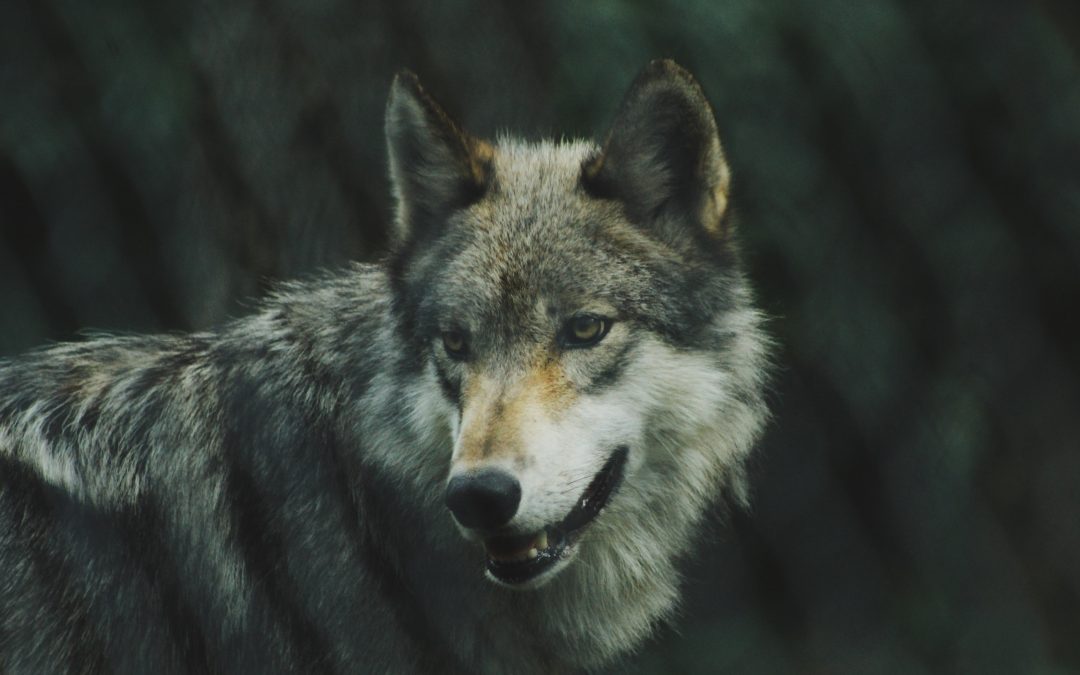
This wolf was almost extinct due to a decades-long anti-predator program, but since the passage of the Endagered Species Act, the species has come back–but with opposition, politics, and poaching. US Fish and Wildlife Service biologist Dave Parsons tells the story.
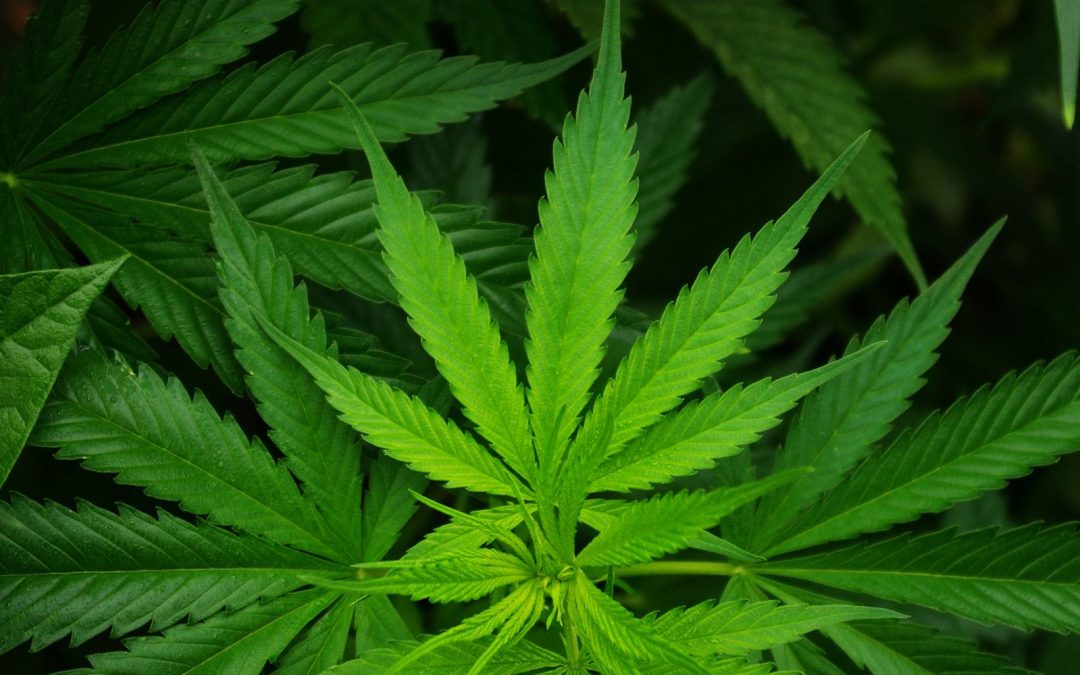
The hemp plant is amazingly versatile and resilient, and it can be used to produce innumerable healthy products and services. So why was it made illegal, and what does the future hold? We talk to hemp farmers Ed Berg and Scott Perez.
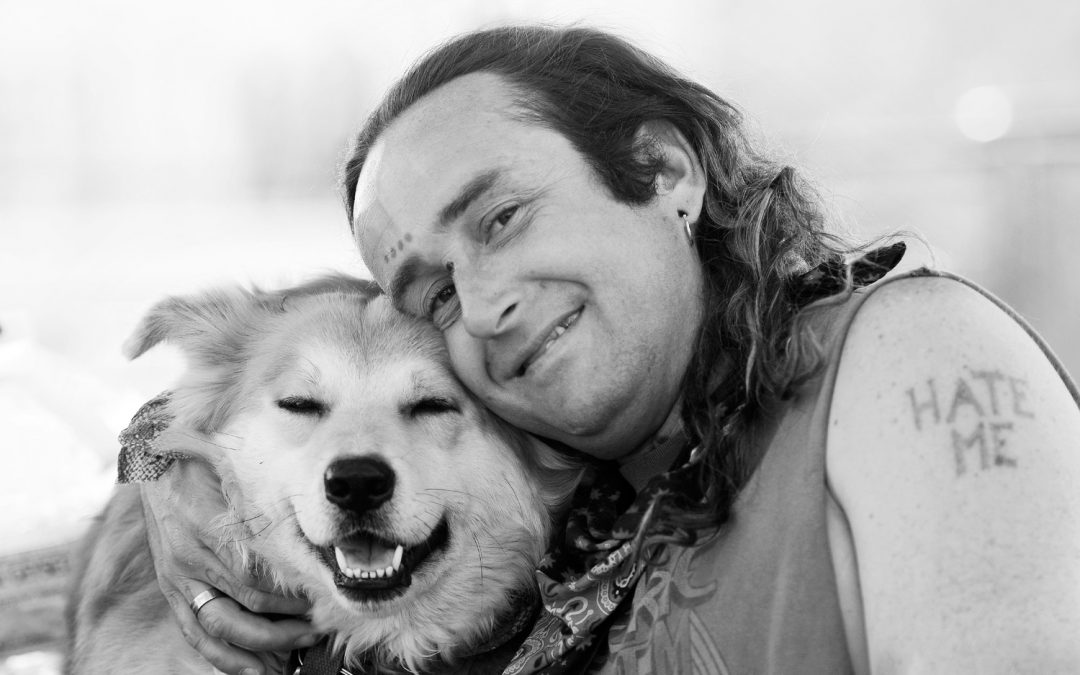
Living on the street…recovering from an illness…establishing an exercise routine–wherever we are, our animals help us to survive and thrive. We talk to Karen Cain of the Street Homeless Animal Project, and to author Carlyn Montes de Oca.
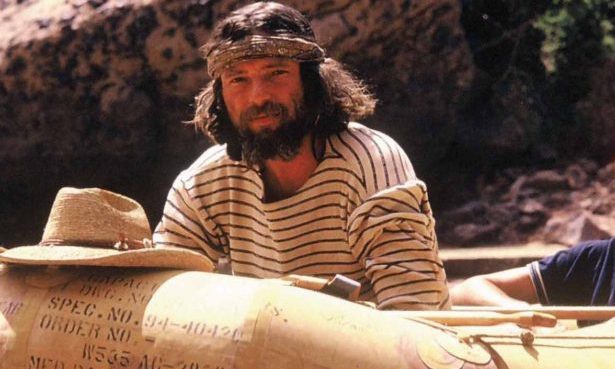
…those are just some of the stories of Jack Loeffler‘s fascinating memoir, Headed into the Wind — a tale of explorations in consciousness from nature and indigenous mind to music and the counterculture.

The notion of aliens from other planets often conjures images of flying saucers and little green men. But could they really exist?

What do you do if you see illegal, unethical, or wasteful activities in your government job? If you speak out what will happen–to those at fault, and to you? Political scientist Allison Stanger‘s new book recounts a history of whistleblowers and what’s at stake today.